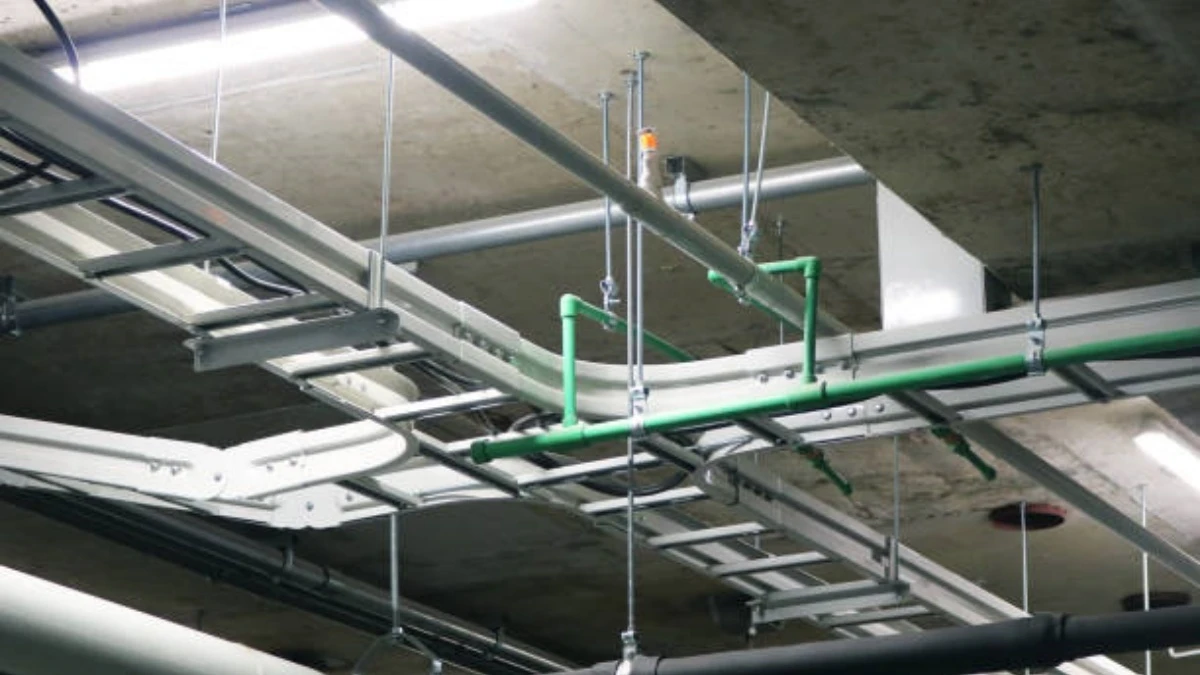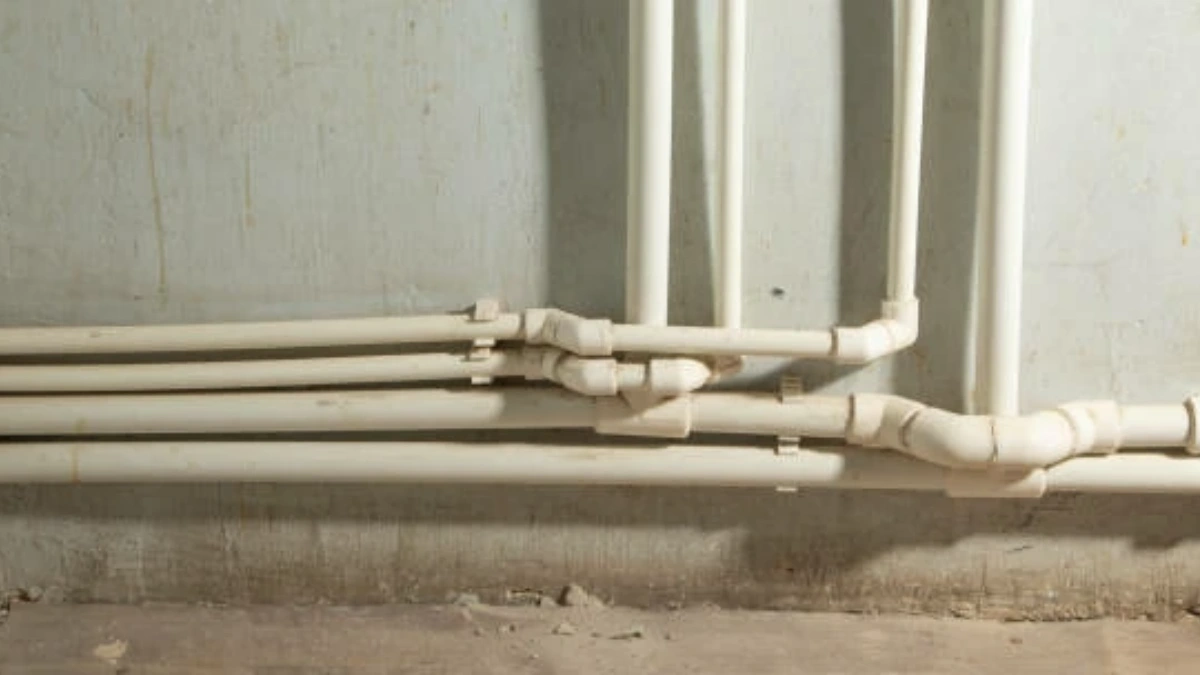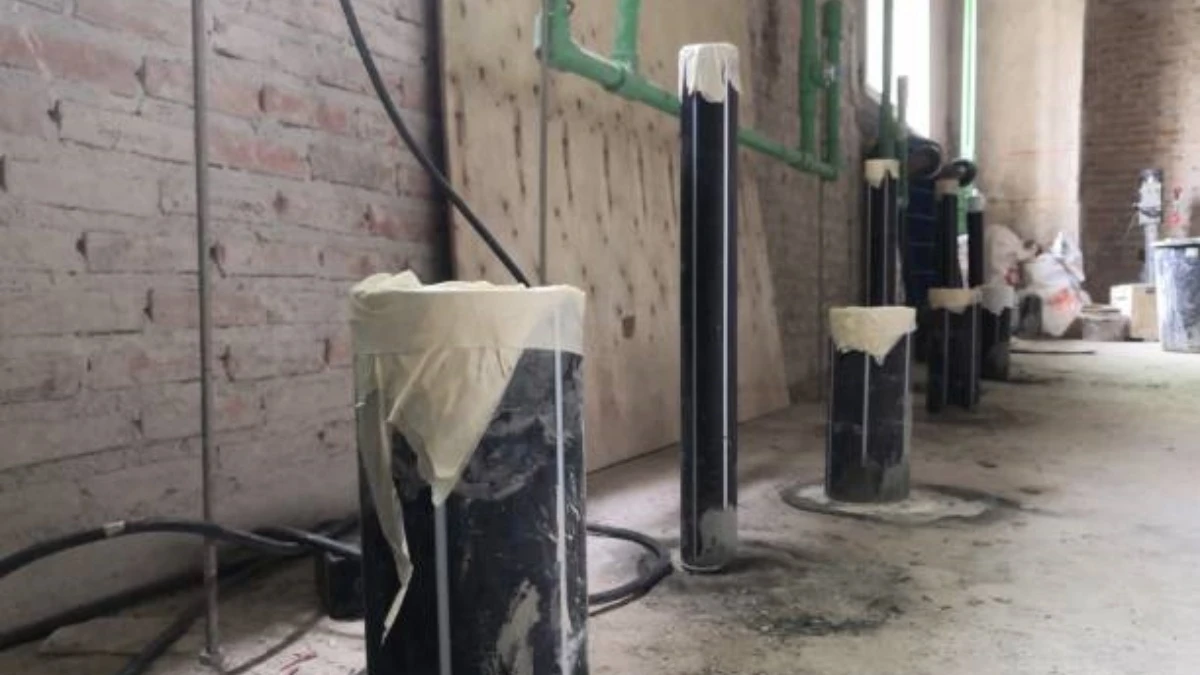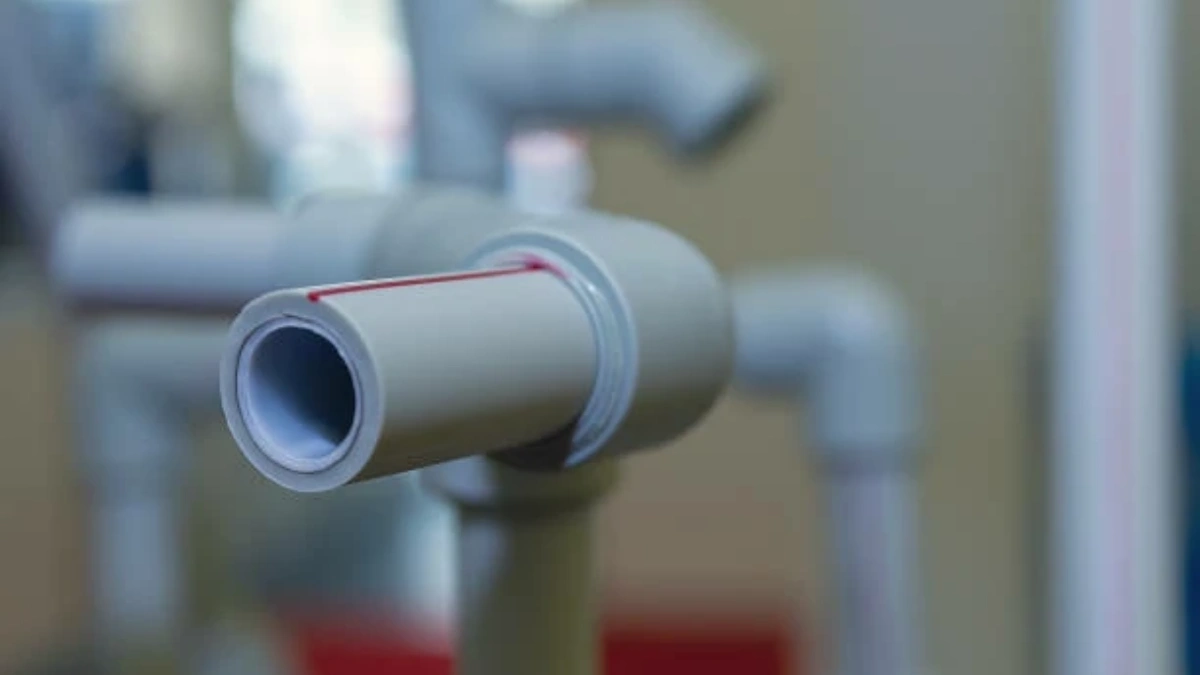In the ever-evolving landscape of industrial automation, precision and reliability are crucial. Recently, ifm efector, a renowned leader in sensor and automation technology, launched an innovative positioner designed specifically for industrial valves. This new device promises to enhance the performance and control of valves in various applications, reinforcing ifm efector’s commitment to driving efficiency and safety in industrial processes. This article explores the significance of industrial valves, the features of the new positioner, and the benefits it brings to various industries.
Understanding Industrial Valves
Industrial valves are critical components in fluid control systems, responsible for regulating the flow and pressure of liquids and gases. They play a vital role in a wide range of applications, from oil and gas pipelines to water treatment facilities and manufacturing plants.
Types of Industrial Valves
There are several types of industrial valves, each designed for specific functions. Common types include:
- Gate Valves: Used primarily for on/off control, gate valves provide minimal resistance to flow when fully open.
- Globe Valves: Ideal for throttling flow and regulating pressure, globe valves are commonly used in applications requiring fine control.
- Ball Valves: Known for their quick shut-off capabilities, ball valves offer excellent flow control with low pressure drops.
- Check Valves: These prevent backflow in a system, ensuring the fluid flows in one direction.
- Butterfly Valves: Used for regulating flow, butterfly valves are efficient and suitable for larger pipe diameters.
Understanding these valve types is essential for selecting the right one for a particular application, particularly in complex industrial environments.
The Role of Positioners in industrial valves
Positioners are devices that control the opening and closing of valves in response to control signals from a system. They ensure that valves operate accurately and consistently, optimizing performance and efficiency. In automated systems, positioners play a critical role by translating control signals into precise valve movements.
How Positioners Work industrial valves
Positioners work by monitoring the position of a valve and adjusting its actuator accordingly. This process typically involves:
- Feedback Mechanism: The positioner receives feedback from the valve position sensor, allowing it to determine the current state of the valve.
- Control Signal Processing: The positioner processes control signals from the control system, determining the required position for optimal flow control.
- Actuator Control: Based on the feedback and control signals, the positioner adjusts the actuator to move the valve to the desired position.
By providing accurate control, positioners enhance the overall efficiency of industrial processes, reducing energy consumption and improving system reliability.
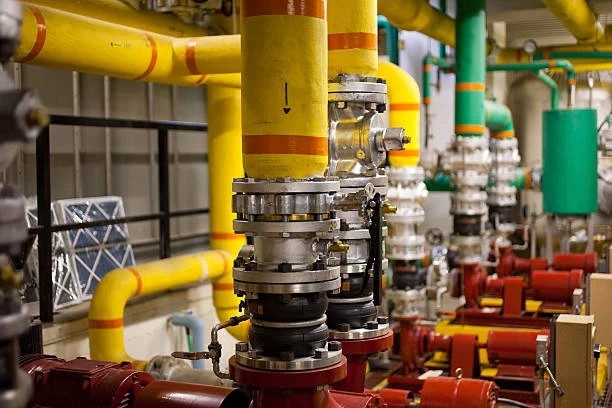
Features of ifm efector’s New Positioner industrial valves
The latest positioner launched by ifm efector is designed to meet the evolving needs of industrial automation. Here are some of its standout features:
1. Enhanced Precision and Accuracy
One of the key advantages of ifm efector’s new positioner is its ability to provide precise control over valve movements. This accuracy ensures that flow rates are maintained consistently, leading to improved process stability.
2. User-Friendly Interface
The positioner features an intuitive interface that simplifies setup and calibration. Operators can easily adjust settings and monitor performance without extensive training, making it accessible for various users.
3. Robust Communication Protocols
This positioner supports multiple communication protocols, including HART, Profibus, and Modbus. This versatility allows seamless integration with existing control systems, enhancing connectivity and data exchange.
4. Diagnostic Capabilities
Equipped with advanced diagnostic features, the positioner can identify potential issues in real time. This capability allows for proactive maintenance, minimizing downtime and extending the lifespan of the valves.
5. Compact and Durable Design
The new positioner boasts a compact design, making it suitable for installations in space-constrained environments. Additionally, its rugged construction ensures durability in harsh industrial conditions.
Benefits of the New Positioner for Industrial Valves
The introduction of ifm efector’s new positioner for industrial valves brings several benefits to various sectors:
1. Improved Operational Efficiency
With enhanced precision and control, the new positioner helps optimize valve performance, leading to improved operational efficiency. This results in reduced energy consumption and lower operating costs.
2. Enhanced Process Reliability
Accurate valve positioning contributes to greater process reliability. By ensuring that valves open and close precisely as needed, the risk of system failures and leaks is minimized.
3. Reduced Maintenance Needs
The diagnostic capabilities of the positioner allow for timely detection of potential issues, enabling proactive maintenance. This reduces unplanned downtime and maintenance costs, improving overall productivity.
4. Flexibility in Integration
The support for multiple communication protocols makes it easy to integrate the positioner into existing systems. This flexibility allows industries to upgrade their automation capabilities without overhauling entire systems.
5. Increased Safety
By ensuring accurate control over valve operations, the new positioner enhances safety in industrial processes. This is especially critical in applications involving hazardous materials or high pressures, where precision is vital.
Applications of Industrial Valves with Positioners
The combination of industrial valves and advanced positioners can be applied across various sectors, including:
1. Oil and Gas Industry
In the oil and gas sector, precise control over flow rates is essential for safety and efficiency. Positioners help manage the flow of hydrocarbons, ensuring that operations run smoothly while minimizing risks.
2. Water Treatment Facilities
Water treatment plants rely on accurate flow control to maintain water quality. Positioners enable precise regulation of chemical dosing and flow rates, ensuring compliance with safety and environmental standards.
3. Manufacturing Plants
In manufacturing, efficient fluid control is crucial for process optimization. Positioners enhance the performance of valves used in cooling systems, material handling, and other critical applications.
4. Pharmaceutical Industry
The pharmaceutical sector requires stringent control over fluid dynamics to ensure product quality. Positioners provide the precision needed for processes such as mixing and dosing.
5. HVAC Systems
In HVAC applications, positioners help regulate airflow and temperature control, contributing to energy efficiency and occupant comfort in commercial buildings.
Conclusion
The launch of ifm efector’s new positioner for industrial valves marks a significant advancement in automation technology. By enhancing precision, reliability, and integration capabilities, this innovative device is set to improve operational efficiency across various industries. As automation continues to play a pivotal role in industrial processes, the importance of advanced control systems like the new positioner cannot be overstated. This innovation promises to not only streamline operations but also pave the way for safer and more efficient industrial environments.
FAQs
1. What is an industrial valve?
Industrial valves are devices used to control the flow and pressure of liquids and gases in various applications, including manufacturing and energy production.
2. How does a positioner work?
A positioner controls the opening and closing of a valve by processing control signals and adjusting the actuator based on feedback from the valve position sensor.
3. What are the benefits of using a positioner with industrial valves?
Using a positioner enhances precision, improves operational efficiency, reduces maintenance needs, and increases safety in industrial processes.
4. Can ifm efector’s positioner be integrated with existing systems?
Yes, the positioner supports multiple communication protocols, allowing it to seamlessly integrate with various existing control systems.
5. What industries can benefit from ifm efector’s new positioner?
The new positioner can be applied across several industries, including oil and gas, water treatment, manufacturing, pharmaceuticals, and HVAC systems.

